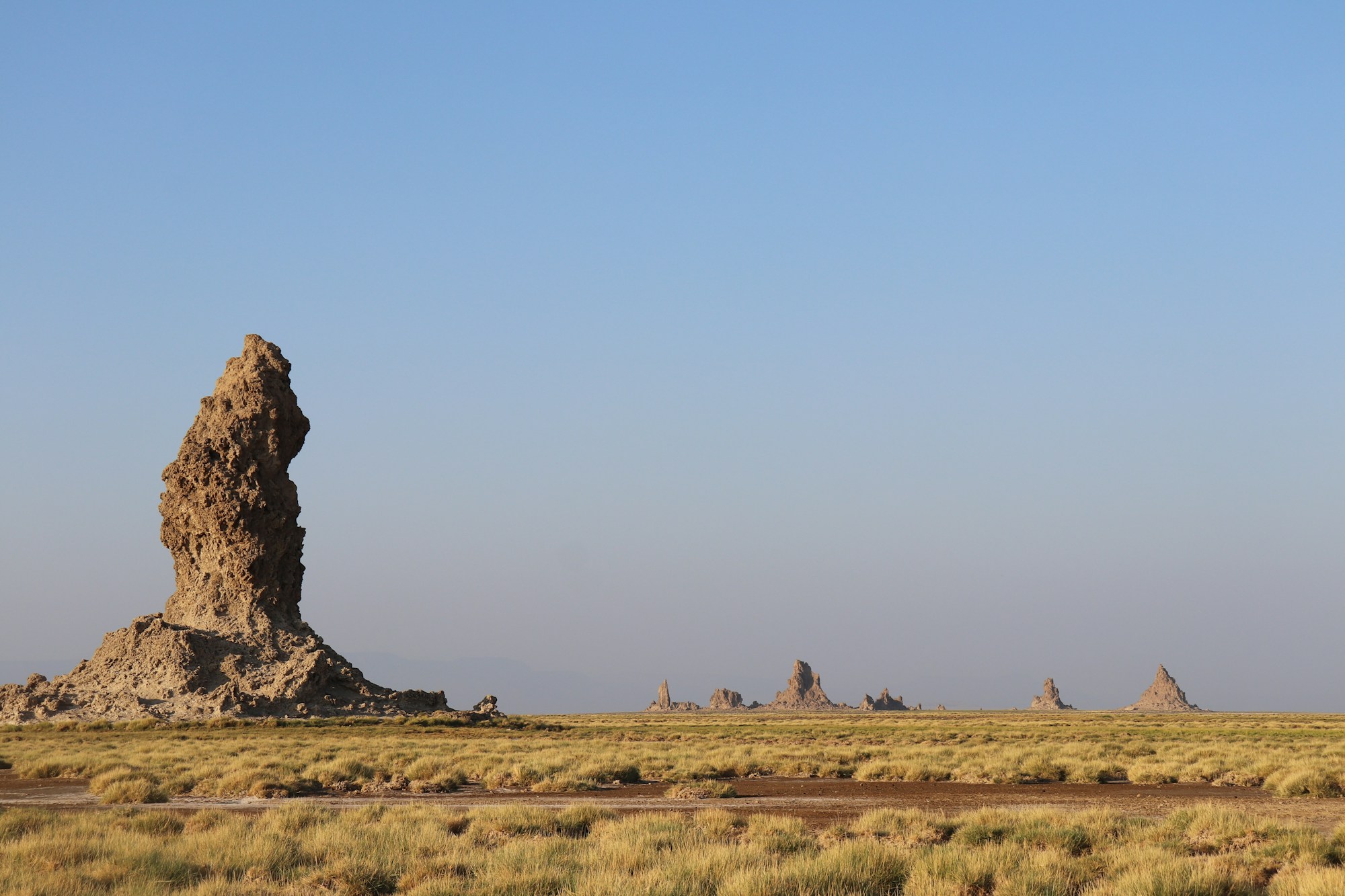Discover Djibouti: A Traveler's Guide

Discover Djibouti: A Traveler's Guide
Welcome to Djibouti, a country in the Horn of Africa known for its breathtaking landscapes, rich cultural heritage, and vibrant markets. Situated on the Gulf of Aden, Djibouti offers travelers a unique blend of natural wonders and historical sites. This travel guide will take you on an unforgettable journey through this hidden gem in East Africa.
Getting There and Around
There are several ways to reach Djibouti. The easiest is by flying into Djibouti-Ambouli International Airport, which is served by regional and international airlines. Once in Djibouti, you can explore the country by hiring a car, taking a taxi, or using public transportation. It is important to note that driving in Djibouti can be challenging due to the country's rugged terrains and unpredictable road conditions.
Places to Visit
Lake Assal
One of Djibouti's most iconic attractions is Lake Assal, located in the Danakil Desert. This saltwater lake is the lowest point in Africa and the third saltiest in the world. The panoramic views of the shimmering turquoise waters against the stark desert landscape are truly awe-inspiring. Visitors can also take a dip in the lake's buoyant waters for a unique experience.
Lac Abbé
Another natural wonder in Djibouti is Lac Abbé, a surreal landscape of limestone chimneys and hot springs. This otherworldly site has been the backdrop for many famous movies, thanks to its lunar-like appearance. Exploring Lac Abbé feels like stepping into a science fiction movie set, making it a must-visit destination for any nature enthusiast.
Mousha-Biwaha
If you're interested in Djibouti's cultural heritage, make sure to visit Mousha-Biwaha. This historic site is home to ancient rock engravings, some dating back thousands of years. The engravings offer insights into the region's past, showcasing scenes of everyday life, wildlife, and warriors. Mousha-Biwaha provides a glimpse into Djibouti's rich prehistoric heritage.
Activities and Adventures
Djibouti offers a range of exciting activities for adventurous travelers:
- Scuba diving: Dive into the crystal clear waters of the Red Sea and explore vibrant coral reefs teeming with marine life.
- Trekking and hiking: Djibouti's rugged terrain provides excellent opportunities for trekking and hiking enthusiasts. Discover hidden valleys, towering mountains, and picturesque landscapes.
- Whale shark encounters: Djibouti is one of the few places in the world where you can swim alongside majestic whale sharks. These gentle giants visit the country's waters between November and January.
- Kayaking: Rent a kayak and paddle along Djibouti's stunning coastline, soaking in the breathtaking views of the sea and surrounding cliffs.
Local Cuisine
Indulge in Djibouti's unique culinary delights:
- Skoudehkaris: This traditional Djiboutian dish consists of tender lamb or goat meat cooked with fragrant spices and served over a bed of seasoned rice.
- Sambusa: Similar to samosas, sambusas are savory pastries filled with spiced meat or vegetables. They make for a delicious street food snack.
- Bzah: An aromatic bread made from sorghum or wheat flour, typically served with a variety of stews and dips.
- Marqa: A hearty stew made with meat, vegetables, and spices. It is often eaten with bread or rice.
Shopping in Djibouti
Explore Djibouti's vibrant markets and bring home unique souvenirs:
- Haggling is a common practice in Djibouti's markets, so don't be afraid to negotiate prices.
- Visit the Central Market in Djibouti City to shop for colorful fabrics, spices, and traditional handicrafts.
- Head to the Fish Market to experience the lively atmosphere and choose from a wide range of fresh seafood.
When to Visit
The best time to visit Djibouti is during the cooler months of November to February when temperatures are more moderate. Avoid visiting between May and September when the country experiences scorching temperatures.
